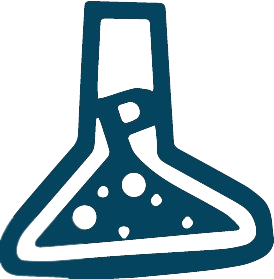Understanding the Vital Importance of Blood Pressure
Understanding the Vital Importance of Blood Pressure
Auburn Johnson MSc
Blood pressure, often referred to as the "silent killer," plays a pivotal role in maintaining our overall health and well-being. It is a measure of the force exerted by circulating blood against the walls of the arteries. Maintaining optimal blood pressure levels is crucial for preventing various health complications and ensuring the proper functioning of vital organs. In this article, we will explore the significance of blood pressure and why it deserves our attention.
1. Heart Health: Blood pressure is closely linked to the health of our cardiovascular system. High blood pressure, or hypertension, puts extra strain on the heart as it pumps blood throughout the body. Over time, this can lead to heart-related issues such as coronary artery disease, heart failure, and even heart attacks. Maintaining a healthy blood pressure range is key to reducing the risk of these life-threatening conditions.
2. Kidney Function: The kidneys play a crucial role in regulating blood pressure. They help control the balance of fluids and salt in the body, which in turn affects blood pressure. Persistent high blood pressure can damage the blood vessels in the kidneys, leading to kidney disease or even kidney failure. Conversely, low blood pressure may result in inadequate blood flow to the kidneys, impacting their ability to function properly.
3. Brain Health: Proper blood flow is essential for the brain to receive the oxygen and nutrients it needs. Uncontrolled high blood pressure can damage the arteries that supply blood to the brain, increasing the risk of stroke, dementia, and cognitive decline. Monitoring and managing blood pressure can contribute to maintaining optimal brain function and reducing the likelihood of neurological complications.
4. Prevention of Cardiovascular Diseases: Elevated blood pressure is a major risk factor for a range of cardiovascular diseases. By keeping blood pressure within the recommended range, individuals can significantly lower their risk of developing conditions such as atherosclerosis (hardening of the arteries), stroke, and peripheral artery disease. Regular check-ups and lifestyle modifications can contribute to cardiovascular health.
5. Overall Well-being: Blood pressure is a vital indicator of the body's general health. Changes in blood pressure may signal underlying issues such as hormonal imbalances, kidney problems, or other health conditions. Regular blood pressure monitoring can serve as an early warning system, allowing individuals and healthcare professionals to address potential health concerns before they escalate.
Understanding and prioritizing the importance of blood pressure is essential for maintaining a healthy and balanced life. Regular check-ups, a healthy diet, regular physical activity, and stress management are key components of a lifestyle that supports optimal blood pressure levels. By taking proactive measures to monitor and manage blood pressure, individuals can significantly reduce their risk of serious health complications and promote overall well-being. It's not just a number; it's a vital sign that deserves our attention and care.












